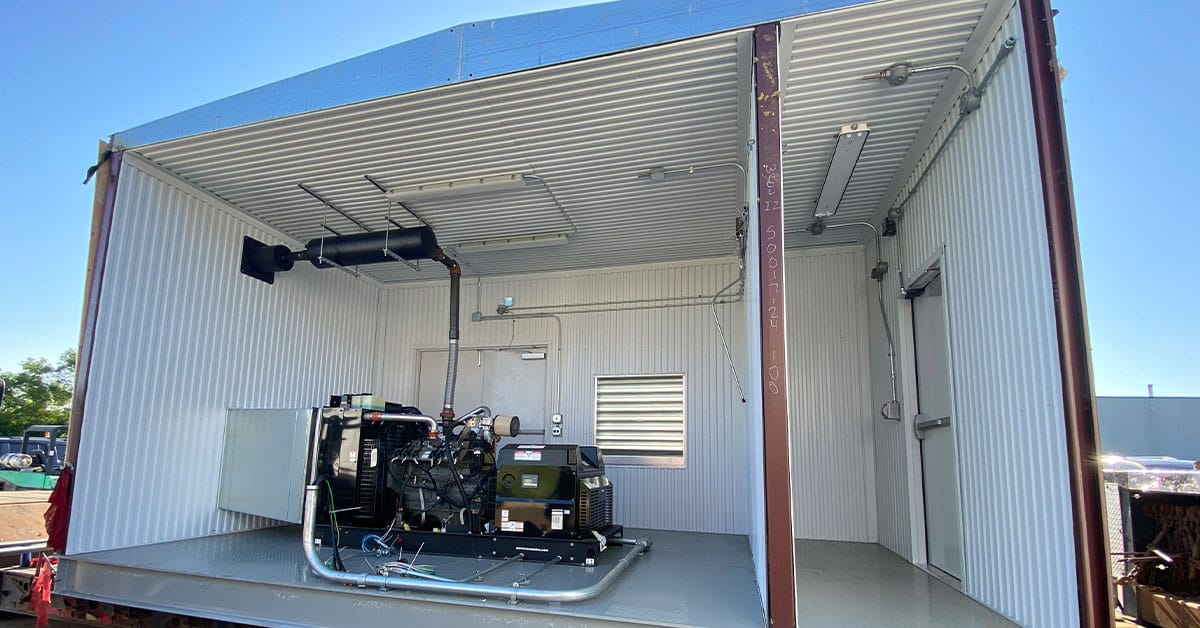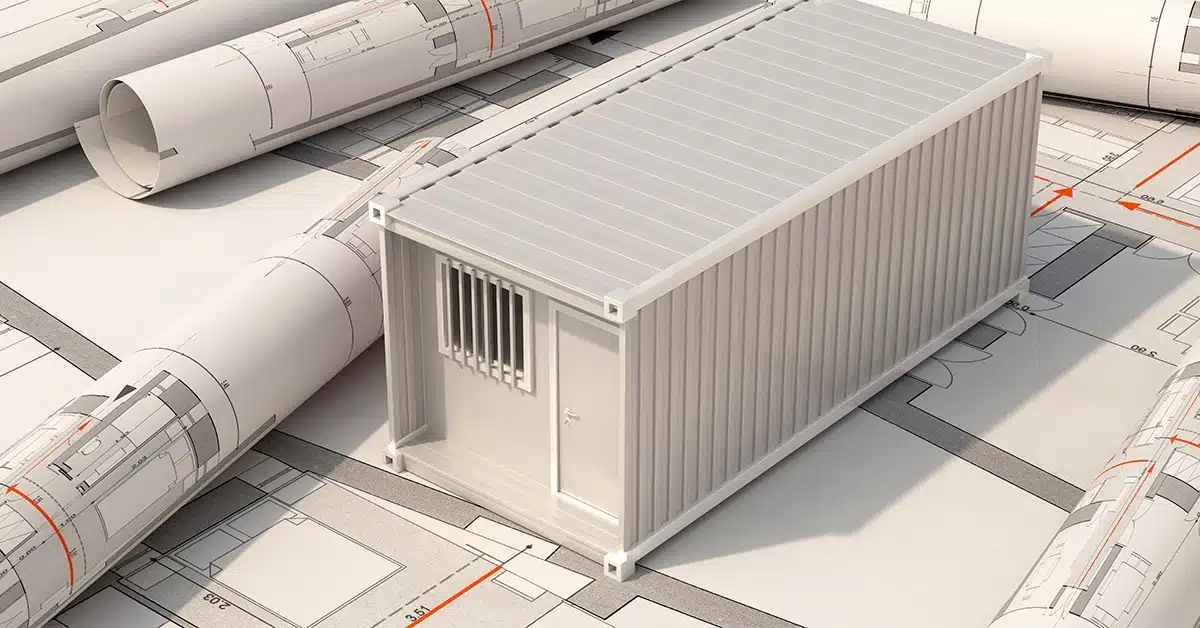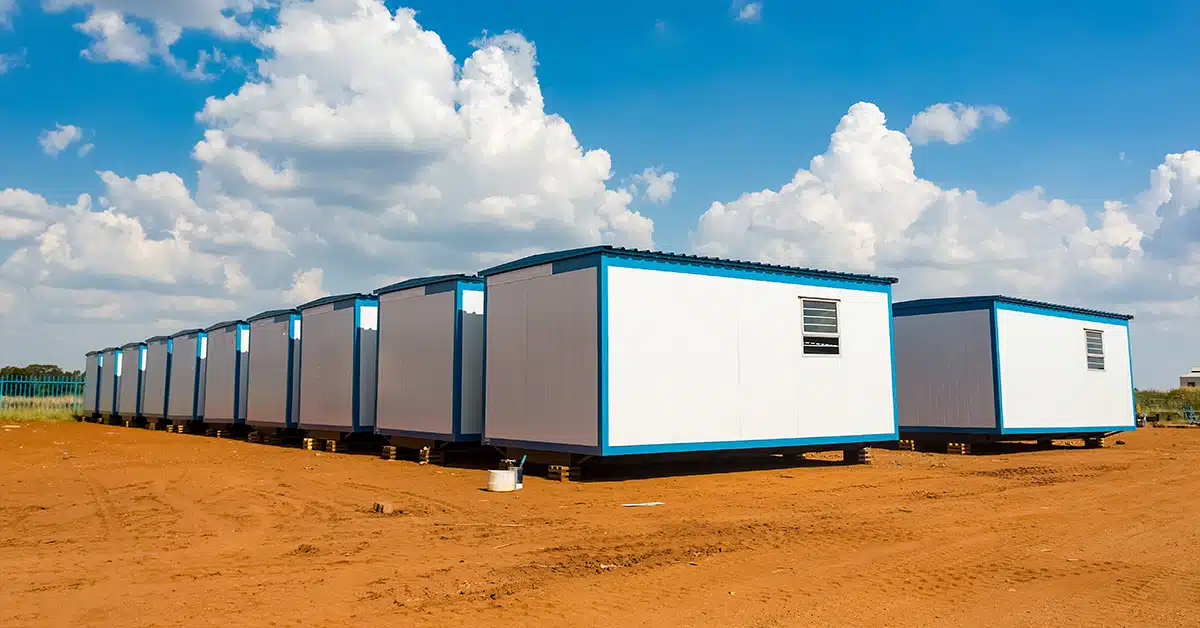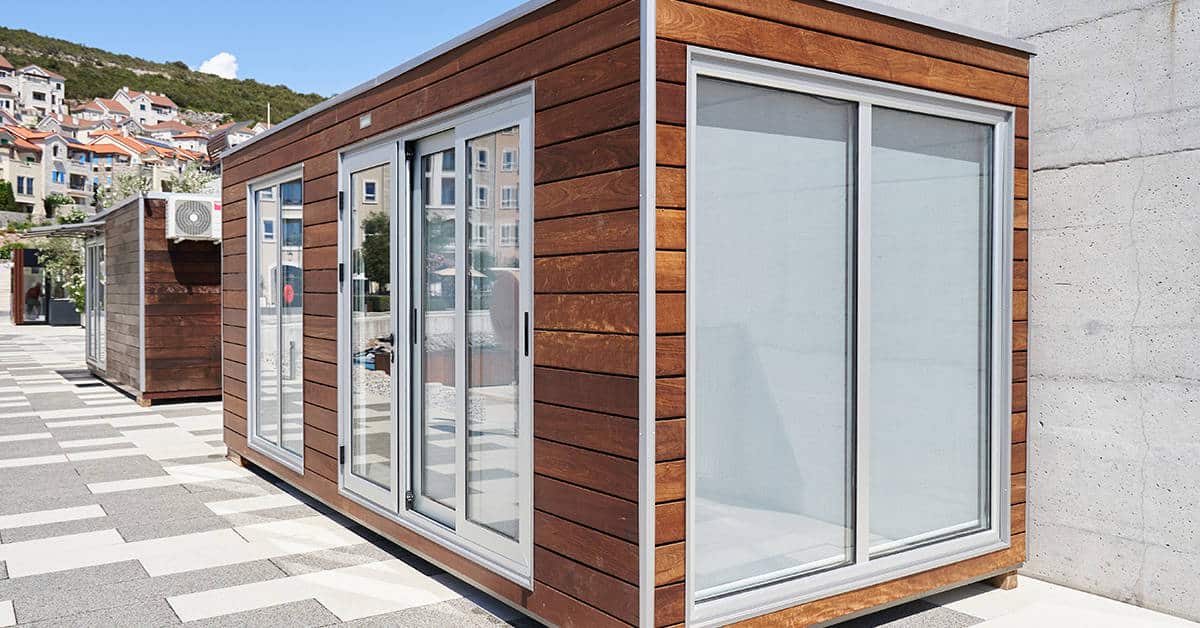Modular construction refers to the assembly of prefabricated parts at a construction site to create a complete building. The constituent parts are fabricated at the manufacturing company`s warehouse or factory and then transported to the site for assembly. The structures are made with all the required building integrals, such as wiring and plumbing, which are readily connected during assembly to create the desired building.
It’s a straightforward building construction model that is gaining popularity across the globe thanks to its versatility and cost-effective nature. Additionally, they are available in different types, including 2D, 3D, and Hybrid modular structures.
2D Panels
They are applied where it is challenging or costly to transport and erect fully assembled structures. The various 2D panels are joined to create the required construction. Where necessary, they contain conduits for plumbing, air conditioning, ventilation, or other attachments.
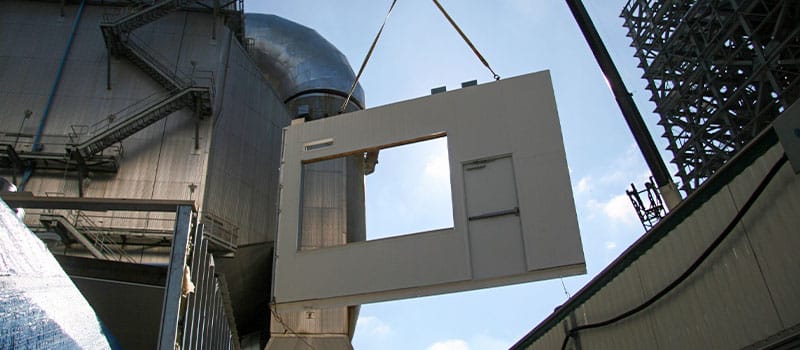
3D Panels
They are applied where it is challenging or costly to transport and erect fully assembled structures. The various 2D panels are joined to create the required construction. Where necessary, they contain conduits for plumbing, air conditioning, ventilation, or other attachments.
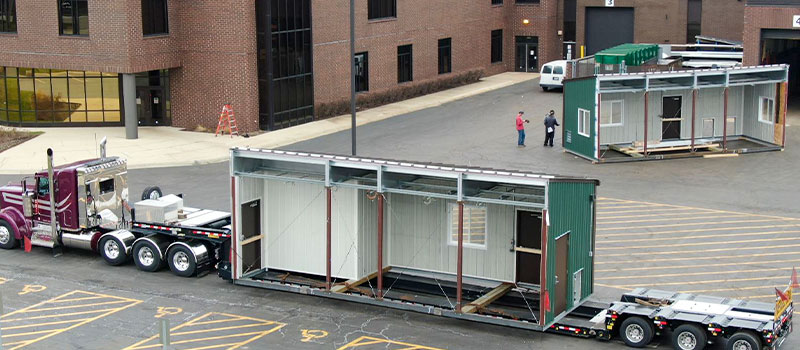
Hybrid Constructions
These combine the 2D panels and 3D modules to create the perfect setting for a particular construction. The panels offer high flexibility, allowing businesses to achieve high efficiency in the construction process.
WHERE IS MODULAR CONSTRUCTION APPLIED?
Although it’s a relatively new technology, modular construction is already applied in a wide range of applications. Some of them include:
Medical Facilities
Providing solutions in one of the most critical sectors is quite a noteworthy application of modular construction. Health facilities are struggling to meet growing needs, especially in the middle of a pandemic. They need additional space for in-patient care, and the construction model provides a faster way to accommodate these needs.
Educational Institutions
Educational institutions were one of the most hard-hit by the coronavirus outbreak. As a result, they have been forced to resume under strict containment measures that necessitate additional classrooms and office space for social distancing. However, modular construction allows for a fast and affordable way to adapt to the new policies.
Hotel and Hospitality
The hospitality sector is also among the areas that require accelerated construction of dining and accommodation facilities. They are also forced to comply with COVID-19 restrictions, just like educational institutions. Prefab buildings provide them with unmatched flexibility in meeting new demands while maintaining the quality of their services.
Commerical Spaces
Modular construction is a perfect solution for office spaces. Whether your business seeks additional office space to accommodate more staff or a temporary office at a site for a particular project, modular buildings come in handy. Further, entities can choose between buying and leasing depending on how long the office is necessary.
FINAL THOUGHTs
Efficiency on cost and operation is what most businesses seek. However, when the environmental aspect is considered, a solution that provides them all is a go-to for any business. Modular construction helps companies to achieve these goals with incredible ease. Companies can have not just the building but all the necessary amenities integrated. So, if you want to start a construction project, modular construction is worth considering.
